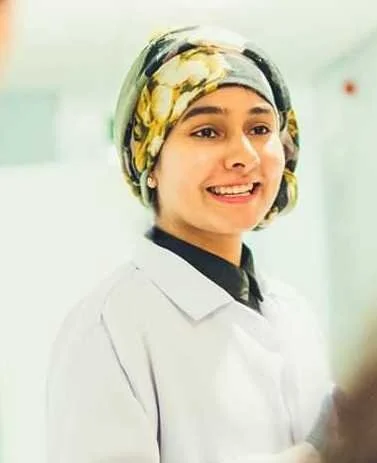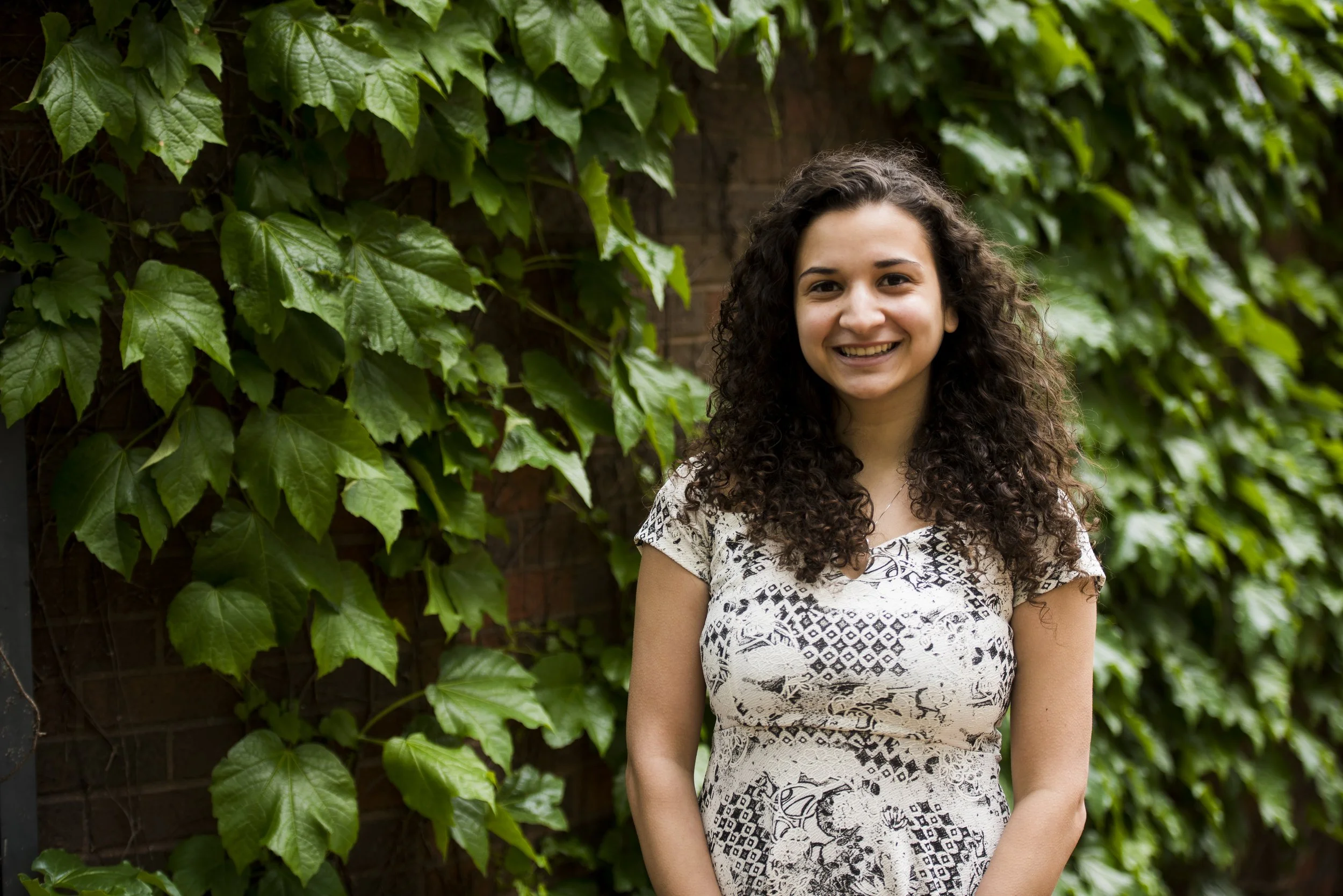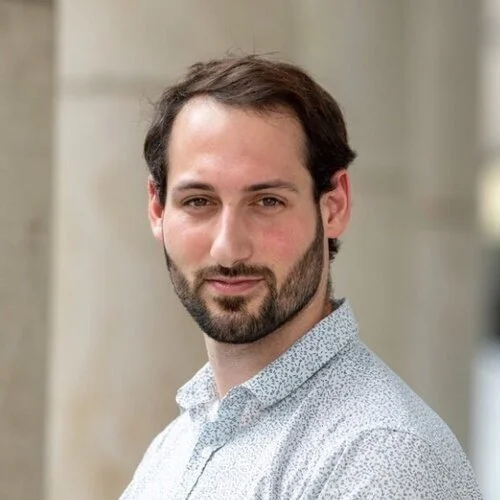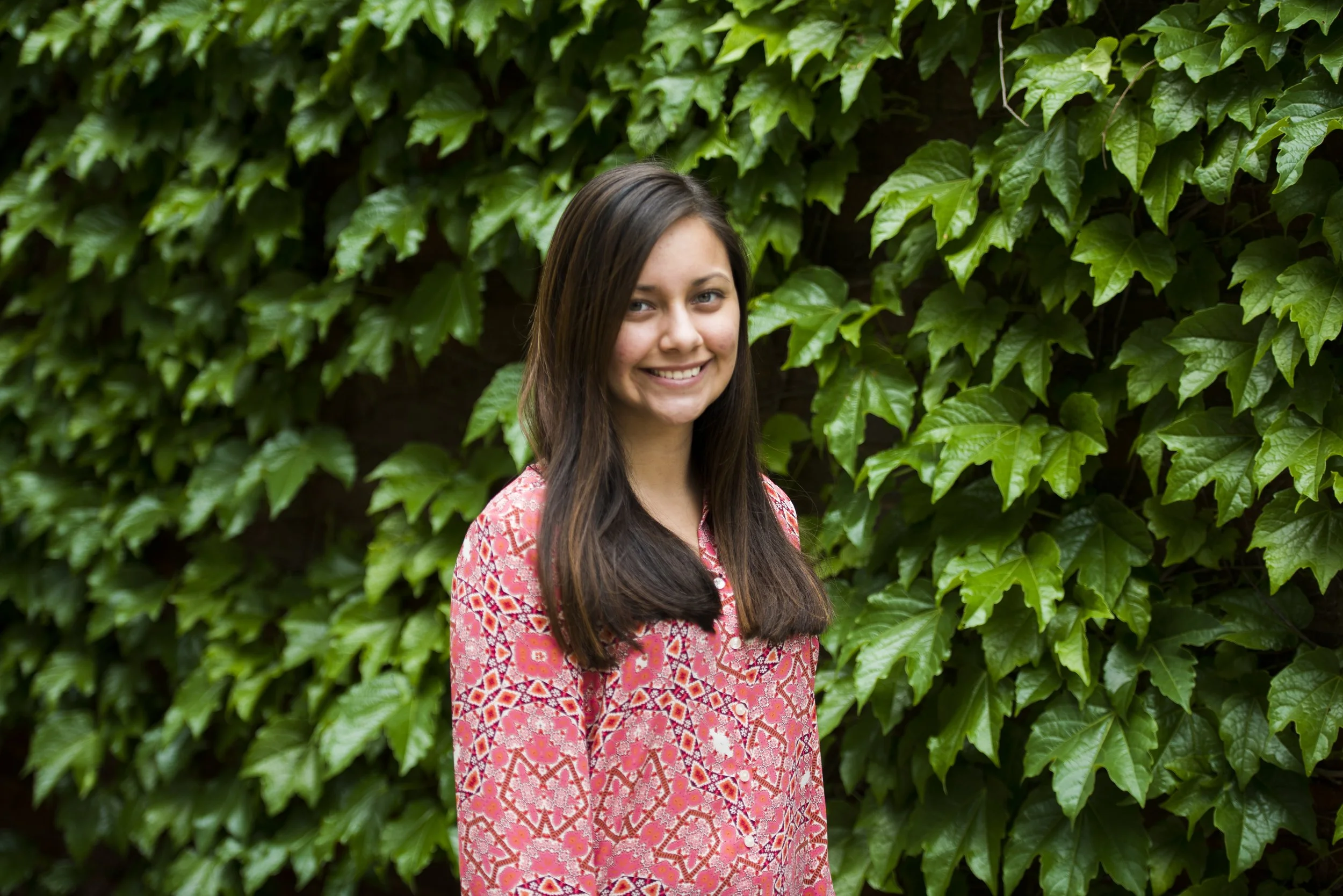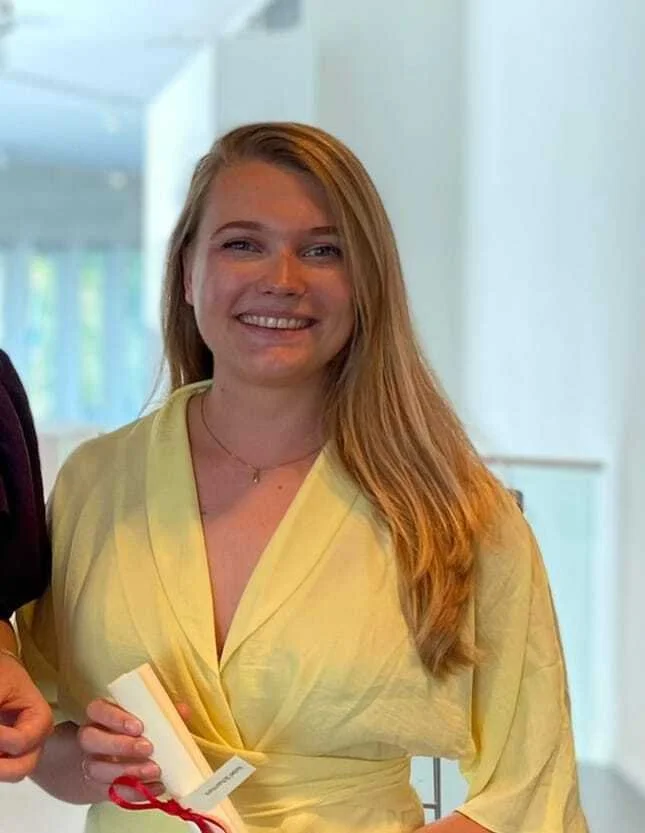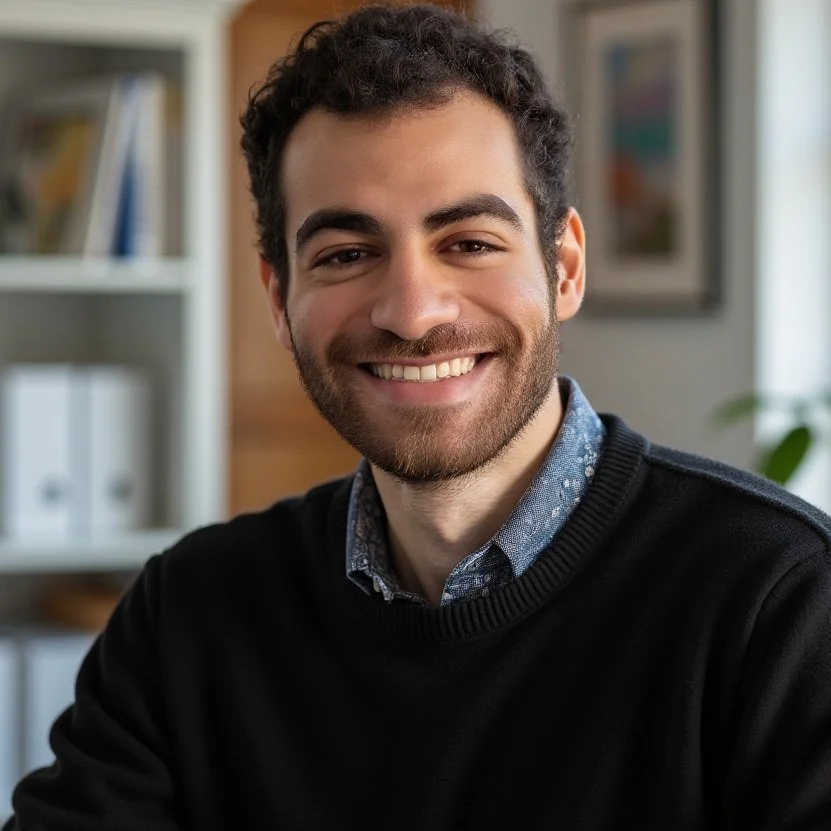team
We are an interdisciplinary team of scientists working together to understand the causes of depression and ways to prevent first onsets of the disorder.
PRINCIPAL INVESTIGATOR
DR. ERIN C. DUNN
Professor of Sociology,
College of Liberal Arts
Purdue University
(West Lafayette & Indianapolis Campuses)
Dr. Erin C. Dunn is a social and psychiatric epidemiologist with expertise in genetics and epigenetics. Her research laboratory uses interdisciplinary approaches to better understand the social and biological factors that influence the etiology of depression among women, children, and adolescents.
The goal of her work is to identify the causal mechanisms underlying risk for depression, translate that knowledge to population-based strategies for prevention, and target those strategies to “sensitive periods” in development. Sensitive periods are high-risk/high-reward stages in the course of the lifespan when experience, whether exposure to adversity on the one hand or health-promoting interventions on the other, can have lasting impacts on brain health. Through her efforts to determine when these sensitive periods occur, her goal is to design interventions that not only promote brain health across the lifespan, but are also uniquely timed to minimize the consequences of stress exposure, prevent depression before it onsets, and make the most efficient use of limited public health dollars. Dr. Dunn is currently a Professor of Sociology at Purdue University.
Before joining Purdue, she was an Associate Professor of Psychiatry at Harvard Medical School and an Associate Investigator at the Massachusetts General Hospital (MGH). She has led several genetic association studies and gene-environment interaction studies that were the first of their kind, including publishing some of the first genome-wide association studies of depression risk in non-European ancestry populations and the first genome-wide environment interaction study of depression.
Her research has been recognized by the Anxiety and Depression Association of America through the Donald F. Klein Early Career Investigator Award and the Brain & Behavior Research Foundation through the Gerald R. Klerman Award, Honorable Mention. She is a 2017 recipient of a National Institute of Mental Health-funded Biobehavioral Research Award for Innovative New Scientists (BRAINS). In 2018, she was awarded a Rising Star award from One Mind. In 2020, Dr. Dunn received a research mentoring award from the Department of Psychiatry at MGH. Dr. Dunn is a first-generation college student. Given her research on baby teeth, she is also known as the Science Tooth Fairy.
LEADERSHIP
Heather Brockway
Program Director
Administrative Leadership
Melissa Hay
RESEARCH FELLOWS
BROOKE McKENNA
katie thompson
Anem Iftikhar
STUDENTS
katie clare
Graduate Student
ANNA Großbach
Graduate Student
ABIGAIL HIGGINS
Graduate Student
CAITLYN ARNOLD
Undergraduate Student
Emya Upshaw
Undergraduate Student
STAFF
SAMMY STOLL
Senior Data Analyst
INDU
Research Associate and Tooth Research Coordinator







